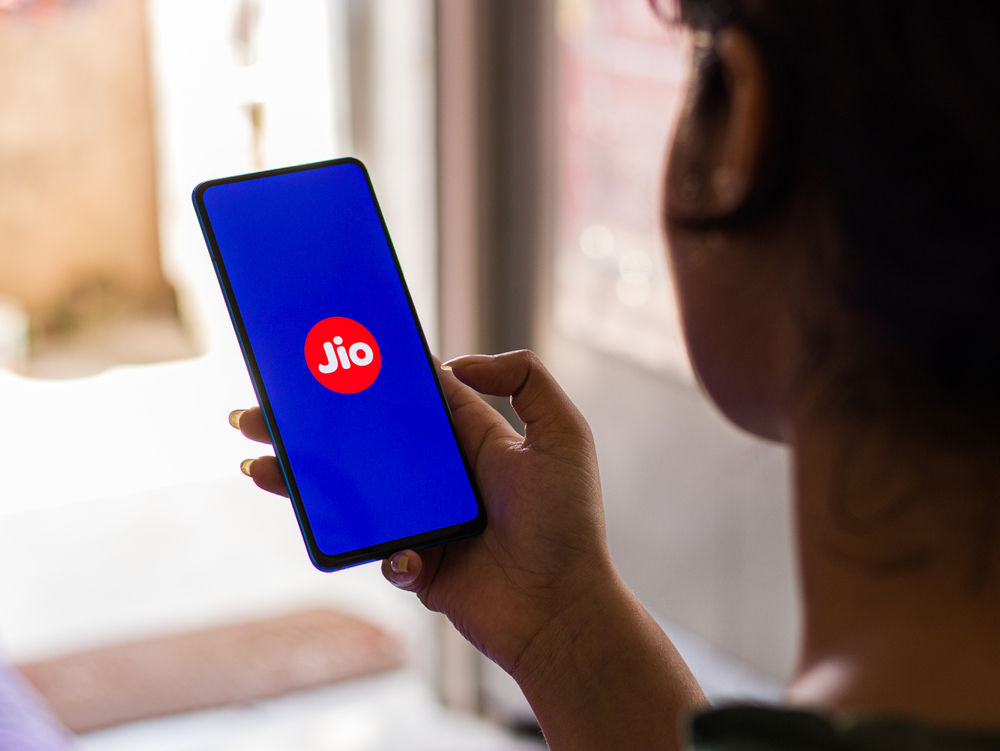Reliance Jio’s latest project, JioCoin, has sparked interest across India’s growing cryptocurrency and Web3 sectors.
Developed in collaboration with Polygon Labs, JioCoin is not a conventional cryptocurrency.
Unlike Bitcoin or Ethereum, it holds no intrinsic market value and cannot be traded.
Instead, JioCoin is positioned as a token designed to boost user engagement within Jio’s expansive digital ecosystem.
By tying its use case directly to Jio’s services, the company is positioning JioCoin as a critical piece in its Web3 adoption strategy.
How JioCoin works
JioCoin, built using Ethereum’s Layer 2 technology in partnership with Polygon Labs, has a distinct purpose: integrating users more deeply into Reliance Jio’s digital offerings.
Currently, JioCoin has no market value, meaning it cannot be traded on cryptocurrency exchanges or used as an investment tool.
Instead, the token is earned through the JioSphere application, Jio’s official browsing platform.
Users can participate by downloading the app and enrolling in the JioCoin programme.
As they browse the web using JioSphere, they earn JioCoins, which are expected to be redeemable for a range of Jio services.
While specifics remain unclear, potential applications include discounts or credits for Jio Mobile Network plans, Jio Broadband, or purchases on JioMart.
Jio’s decision to use its tokens strictly within its ecosystem highlights a shift away from speculative cryptocurrencies toward utility-based digital assets.
This strategy aligns with Reliance Jio’s goal of enhancing user loyalty and driving engagement through tangible benefits.
Jio’s partnership with Polygon Labs
The development of JioCoin is underpinned by Reliance Jio’s partnership with Polygon Labs, a leading player in Ethereum scaling solutions.
This collaboration is a critical move for Jio Platforms, with CEO Kiran Thomas calling it a step toward digital innovation.
Polygon Labs’ expertise in blockchain scalability is expected to support Jio in onboarding millions of users to Web3 technology.
Polygon’s founder, Sandeep Nailwal, has highlighted the collaboration as a significant opportunity for advancing Web3 adoption in India.
The potential scale of JioCoin is massive. Reliance Jio’s user base exceeds 400 million, creating a fertile ground for introducing blockchain technology to the masses.
As users engage with JioSphere, they are inadvertently exposed to Web3, simplifying the adoption process and breaking down barriers for first-time users.
Challenges and future potential
While JioCoin presents exciting opportunities, there are hurdles ahead.
The Indian government’s regulatory environment for cryptocurrencies and blockchain technology remains cautious, with heavy taxation and limited clarity on how digital assets are governed.
Moreover, JioCoin’s success hinges on its ability to offer real value within the Jio ecosystem.
If its redemption options fail to meet user expectations, the programme may struggle to maintain traction.
On the other hand, if executed well, JioCoin could pave the way for other corporations to adopt similar models of blockchain integration.
Reliance Jio’s emphasis on JioCoin as a utility token rather than a speculative asset reflects a broader trend in the blockchain industry, where real-world applications are gaining precedence over market speculation.
JioCoin could lead India’s transition to a more practical and scalable use of blockchain technology, helping users see tangible benefits from engaging with Web3.
The post JioCoin: how Ambani’s crypto is transforming India’s blockchain space appeared first on Invezz
